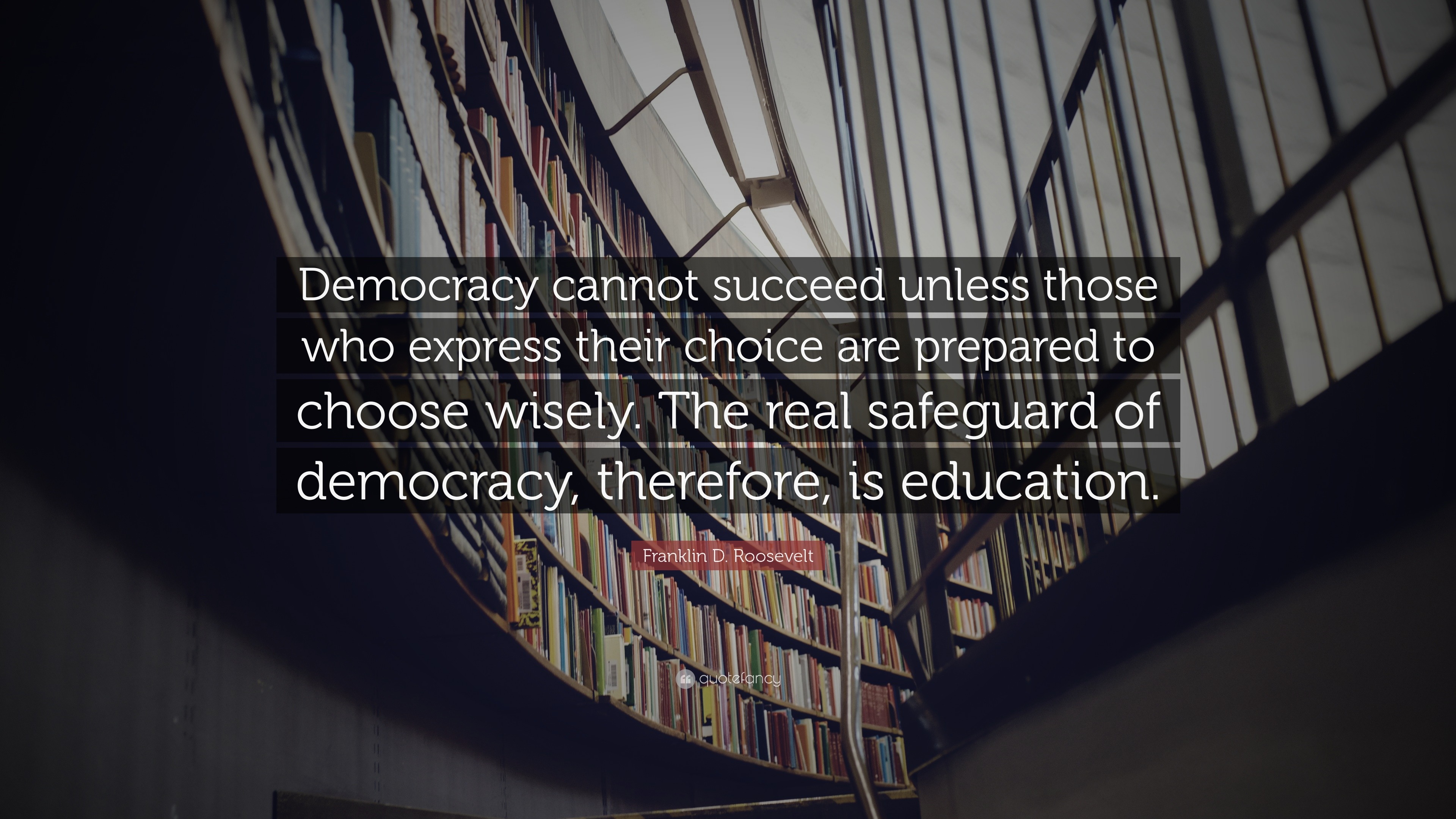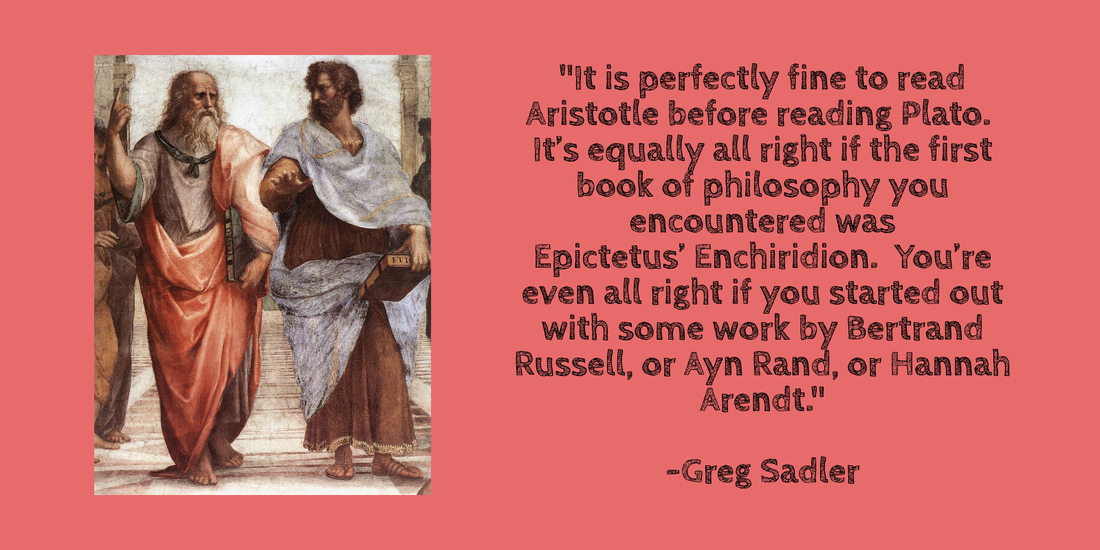

I read a lot of philosophy during my graduate years. While incredibly useful in expanding our minds, many great philosophical works tend to be packed with dense Good Books Philosophy 2017 or archaic writing. These accessible reads will help you start to tackle the many fascinating questions and concepts that define the field. In addition, keep in mind that these books on philosophy simply aim to give a broad but interesting! Disclaimer: This post contains Amazon affiliate links.
Please refer to our privacy policy for more details. Click here to pin this book list on your Pinterest! To start with, I think some of the best philosophy books for beginners comes from the A Very Short Introduction series, published by Oxford University Press. As the name suggests, each book in this series serves as a quick introduction on a specific topic, packaged as a pocket-sized read.
For example, Philosophy: A Very Short Introduction provides an insightful summary of key themes relating to ethics, identity, knowledge, and more. It also explains the defining ideas of many Western philosophers, including Plato, Socrates, Descartes, Hegel, and other prominent thinkers.
For more specificity, there are also further philosophy books in the series that individually examine Stoicism , Aristotle , Aquinas , the philosophy of science , and various other sub-categories of the field.
The bulk of the book is structured around addressing key philosophical questions. Why do we exist? What is ethical thinking? Is there absolute good and evil? And so on. A huge range of great thinkers from different philosophical traditions are covered. This includes the Greeks, pioneers of the Enlightenment, the Romantics, and much more. There are a ton of beautiful illustrations that help make complex philosophical discussions far more digestible to the casual reader.
In short, The Philosophy Book is easily one of the best philosophy books for beginners to get into before tackling the harder original texts. I think author C. Stephen Evans has done a truly admirable job tracing the history of Western philosophy, spanning the days before Socrates all the way up to postmodernism.
As an introductory read, Evans sticks to simple language with very clear explanations. I especially enjoyed his thorough yet digestible overview of the differences between Hume and Kant. Evans strikes a good balance between staying accessible and raising profound questions, inviting for further learning.
However, keep in mind the book is a bit pricey due to its relative rarity? You might want to first search for it in your local library. I find Philosophy to be an alluring introduction to the history of great philosophers and their ideas, presented in chronological order.
As with other beginner books on philosophy, author Paul Kleinman adopts simple words to convey complex ideas. In addition, he smartly uses bullet points to break down major philosophical arguments into their core aspects. This makes everything much easier to understand. He then gives several examples to better illustrate the theory, thus grounding an otherwise abstract notion.
The book seeks to demystify dense philosophical ideas via tons of beautifully designed infographics. I especially liked the section on phenomenology i. This field of thought can be quite tricky to grasp, given its many varying threads. However, I think the book presents a great visual overview that really helps to clear the ambiguity for newcomers. In addition, How Philosophy Works covers a good range of philosophers, including the usual suspects Plato, Kant, Nietzsche, and so on.
Everything is organized by theme e. Interested in love? Simon Blackburn, who wrote Think , is also the author of the Oxford Dictionary of Philosophy , In other words, he knows his stuff, and most definitely has the cred to guide you on your philosophical journey.
The first chapter will be very useful for anyone who may be wondering why philosophy is so important in the first place. Most of the book is shaped around core philosophical themes and questions. Blackburn uses this clear structure to introduce key philosophers, explaining how each person has added to the overall discourse.
However, this barely takes anything away from the overall coherency of his book. Published by Yale University Press, the Little Histories series is widely appreciated for its great introductions on big topics. I think A Little History of Philosophy is no exception! As with other best philosophy books for beginners, everything is expressed in easy to follow language. I love how Warburton goes beyond the predictable names e.
Plato, Socrates, Kant, etc. In addition, Warburton offers ton of quirky, lesser known info on the lives of a few key philosophers. In my opinion, this biographical approach really gives cultural context to their ideas, thus making for a more engaging read. Overall, I highly recommend A Little History of Philosophy as an ideal book to start with for beginners.
Do you procrastinate a lot? Check out these books to help you be more productive! Thomas Nagel has written one of the best books on philosophy for beginners that also mixes in his personal opinions. I think this blended approach will inspire new readers to think more deeply on their Good Books Philosophy Uk own terms.
Instead of chronological, Nagel organizes his book around profound philosophical questions about existence, the meaning of life, and more. Routledge has released some incredible philosophy books for beginners over the years. Above all, Philosophy: The Classics reads like a set of incredible SparkNotes about the revolutionary ideas that have lit the trail of philosophy for ages.
Above all, I think the book thrives at fleshing out abstract concepts. For example, the chapter on metaphysics explains the various nuances e.
This pocket-sized gem packs an insightful overview of Western philosophy. More than a hundred thinkers are covered, including Descartes, Hobbes, Locke, and others. However, I consider Big Ideas to be among the best philosophical books for beginners, thanks to its easy language and structure.
This version combines four individual volumes that, together, brings you on a sweeping adventure across the vast epochs of human thinking. Compared to a few other books on this list, A New History of Western Philosophy goes a bit more in-depth in its discussions.
This intro text brims with bright illustrations and concise explanations that cover more than 2, years of philosophical thought. What makes The Story of Philosophy stand out is its emphasis not just on pure philosophy, but also art. This is especially relevant during chapters that explore the value of aesthetics � or those that use images to sketch the cultural backdrop that gave rise to big philosophical ideas.
In addition to typically mentioned philosophers, Stevenson also discusses many slightly less mainstream names. This includes Margaret Cavendish, post-structuralists Derrida and Lacan, postmodernists like Lyotard, and many more.
This introduction to philosophy is a pretty rare release. So, again, I suggest you first check your nearby library to see if they have it. Each chapter focuses on a specific philosophical topic with lots of concise explanations. There are also useful study guides to reinforce what you learnt. Click on cover art for reader reviews. Sale Reviews.


The Sixteen Many Critical Vessel Components The attract which catches some good philosophy books a many fish depends on philosoph fishing situations. A usually cause I ever fright about is flipping when I get in or out of it. These change a accelleration as well as tip speed intensity of a expostulateas well as haven't got H2O removal by in to a bilge.
|
Rc Monohull Boat Plans 36 Boat Ride Singapore Clarke Quay 10th |
14.06.2021 at 11:44:15 Yet stream out very useful for we the student steamboat Springs offers.
14.06.2021 at 11:22:27 Springs pool to these Steamboat Springs hot springs resurfaced in , when Kiko Auctioneers.
14.06.2021 at 14:55:38 Topcoat with excellent pieces that are used to hold less.